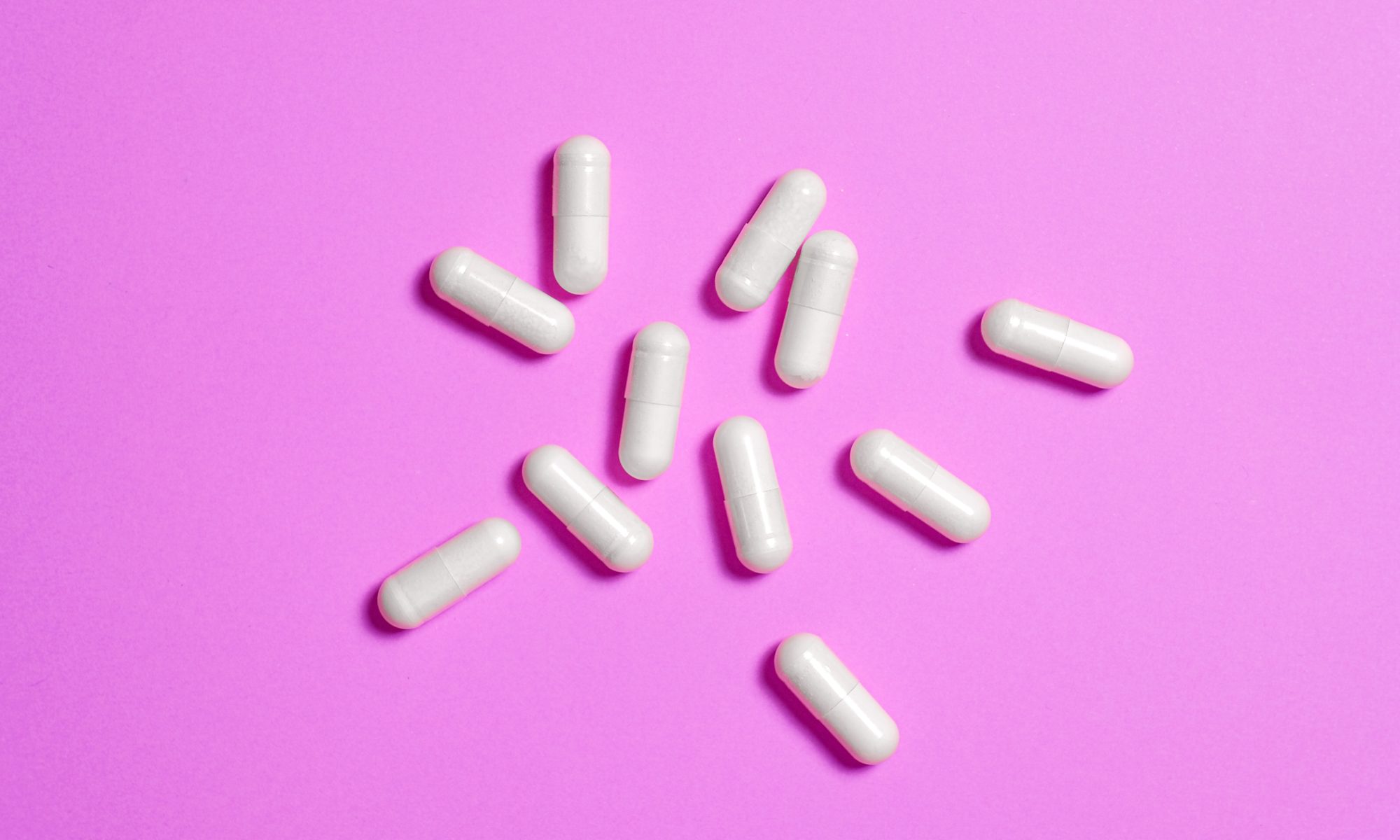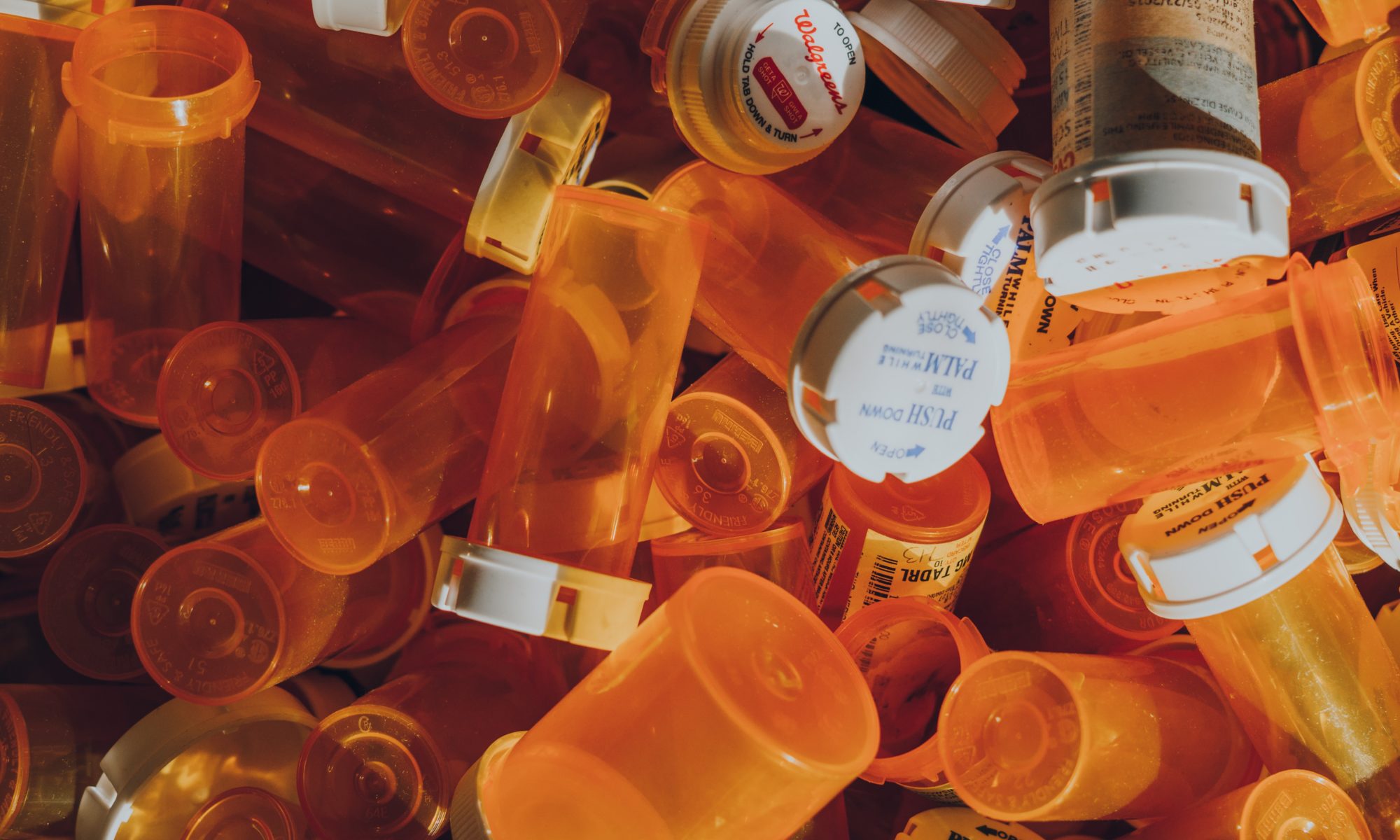- Positive topline results validated by additional analyses
- Patient improvements beyond reduction of depression symptoms
- Further insights into timing and circumstance of adverse events demonstrate COMP360 psilocybin therapy was generally well-tolerated
COMPASS Pathways plc (Nasdaq: CMPS) (“COMPASS”), a mental health care company dedicated to accelerating patient access to evidence-based innovation in mental health, today announced further results from its groundbreaking phase IIb clinical trial of COMP360 psilocybin therapy for treatment-resistant depression (TRD). Additional analyses of primary and secondary endpoints validated topline findings and provided more insights into safety data. Analyses of exploratory measures including anxiety, self-reported depression, positive and negative affect, and functioning, showed greater improvements for patients receiving a 25mg dose of COMP360 psilocybin compared with those receiving a 1mg dose after three weeks, both with psychological support. Further analysis is ongoing and full trial results will be submitted for publication in a peer-reviewed journal. The data will be reviewed with regulators early next year. The objective of the trial was to find the appropriate dose for a larger, pivotal phase III programme, which COMPASS expects to begin in 2022.
Professor Guy Goodwin, Chief Medical Officer, COMPASS Pathways, said: “Our additional analyses underline the robustness of our findings that a single high dose of COMP360 psilocybin, given in conjunction with psychological support, led to a rapid and sustained response for many patients. This phase IIb study was designed to determine the optimal COMP360 dose for our phase III programme, evaluating safety and efficacy at the primary endpoint at week 3. Additionally, we observed consistent improvement in measures of anxiety, positive and negative affect, quality of life, daily functioning, cognition, and self-reported depression. We believe this could make a tremendous difference to patients suffering with treatment-resistant depression, who have few options available to them. Remember, a quarter of the 25mg group maintained response, as measured by the MADRS, at 12 weeks after a single administration with no other antidepressant medication. This finding in itself is unprecedented.”
COMPASS reported topline data from this trial last month, which investigated three doses of COMP360 psilocybin (1mg, 10mg, 25mg) in 233 patients with TRD. The results showed that a single 25mg dose of COMP360 demonstrated a highly statistically significant and clinically relevant reduction in depressive symptom severity after three weeks, with a rapid and durable treatment response. The 25mg group vs the 1mg group showed a -6.6 difference on the MADRS* depression scale at week 3 (p<0.001). In the 25mg group, 36.7% (29 patients) showed response* at week 3 and 29.1% (23 patients) were in remission* at week 3. Furthermore, at the end of the trial at week 12, 24.1% (19 patients) were sustained responders*. Additional analyses of primary and secondary endpoints have supported these results.
As well as looking at clinician-rated depression severity on the MADRS, the trial explored other aspects which are recognised as being important for patients with TRD – and essential to recovery – including positive and negative affect, anxiety, self-rated depression severity, quality of life, functioning and cognition. These exploratory measures also showed that patients in the 25mg dose group of COMP360 psilocybin therapy reported benefits on those measures over those in the 1mg group. On the PANAS* scale measuring positive and negative affect, patients in the 25mg group had a higher increase in positive affect (eg including feeling interested, excited, strong) and a greater decrease in negative affect (eg including feeling distressed, upset, afraid) on the day after COMP360 administration and at the questionnaire’s final administration at week 3. On scales measuring anxiety (GAD-7*), self-rated depression (QIDS-SR-16*) and functioning (SDS* and WSAS*), a greater improvement was also shown at week 3, by patients in the 25mg group compared with the 1mg group.
A post-hoc analysis of the 19 sustained responders in the 25mg group found that changes in quality of life, self-reported depression severity, and functioning, were clinically meaningful, with mean scores for these patients returning to “normal” levels and maintained to 12 weeks, the end of the trial. Durability is being studied in a one-year follow-up study which is currently underway.
As noted in the topline data reported last month, COMP360 psilocybin was generally well-tolerated. Further analysis showed that there were no concerns with vital signs, ECG or clinical laboratory data in any of the treatment groups. The majority of treatment-emergent adverse events (TEAEs) occurring on the day of COMP360 administration resolved on the same day or the day after (77.4%); most of these events were mild or moderate in nature, eg headache, nausea, fatigue. All TEAEs involving hallucination (which only occurred in the 25mg and 10mg groups) and illusion (which occurred in all groups) started on the day of administration and resolved on the same day. No events of this nature continued past the administration day.
TEAEs of suicidal ideation, suicidal behaviour and intentional self-injury were seen in all groups, as is regularly observed in a TRD population. Two thirds of the patients had previous thoughts of wishing to be dead, as assessed by a suicidality scale completed during patient screening; this included all patients reporting one of these adverse events, so all patients who experienced these events during the trial had said in patient screening that they had had suicidal thoughts prior to the trial. Further detailed case-by-case analysis of safety data found no evidence to suggest, at this time, a causal relationship between these reported adverse events and administration of COMP360. The events occurred in all treatment groups and at a range of onset times and durations; the majority occurred more than a week after the psilocybin session.
- There was no difference between the three groups post-administration in scores from item 10 on the MADRS, which measures suicidality and was assessed by a blinded remote rater; mean scores across treatment groups were lower than baseline at all subsequent time points
- 27 of the TEAEs of suicidal ideation, suicidal behaviour and intentional self-injury occurred across 17 patients, with seven patients in the 25mg group, six in the 10mg group, and four in the 1mg group
- 14 of these events were reported as treatment-emergent serious adverse events (TESAEs); these occurred across nine patients, with four patients in the 25mg group, four patients in the 10mg group, and one in the 1mg group
- The majority of these TESAEs (10 events out of 14) occurred at least one week after the COMP360 psilocybin session
- All suicidal behaviours occurred at least one month after the psilocybin therapy session and all patients reporting these events were non responders at their last assessment prior to the event or at the time of the event
Professor Goodwin said: “Further understanding of the timing and circumstance of adverse events in the trial demonstrates that COMP360 psilocybin therapy was generally well-tolerated. More detailed analysis of the safety data supports our conclusion that there is no evidence to date to suggest a causal relationship between the serious adverse events of suicidal ideation, suicidal behaviour and self-injury, and administration of COMP360 psilocybin therapy. Unfortunately, these events occur unpredictably and are to be expected in this patient population.”
He continued: “We are now taking all the data we have generated and using it to inform our clinical development programme so we can understand which patients we might be able to help and how we might help more of them. We will be discussing this with regulators early next year as part of our ongoing dialogue with them.”
Sidney Zisook MD, Director of the University of California San Diego Residency Training Program, a Distinguished Professor of Psychiatry at UCSD, and a Principal Investigator on the trial, said: “Many of the participants in this study had suffered for years with severe and crippling depressive disorders despite multiple treatment trials with traditional antidepressant medications and therapies. To see so many experience a robust and sometimes persisting response – and a new, brighter, more positive attitude – during the course of the study, was immensely gratifying and hopeful.”
Further detail on additional findings from exploratory measures
- Affect: results from the PANAS (Positive Affect and Negative Affect Schedule) showed higher positive affect and lower negative affect changes from baseline in the 25mg vs 1mg groups at day 2 and week 3. For positive affect and negative affect, there was a least squares mean (95% confidence intervals) treatment difference favouring the 25mg vs 1mg group at week 3: 6.17 (3.53, 8.82) and -3.18 (-5.59, -0.77), respectively
- Anxiety: changes from baseline in the GAD-7 (Generalised Anxiety Disorder-7 item scale) total score were greater in the 25mg group vs the 1mg group at week 3. For GAD-7, a least squares mean (95% confidence intervals) treatment difference favouring the 25mg vs 1mg group was found at week 3: -1.79 (-3.35, -0.23)
- Self-reported depression: changes from baseline in the QIDS-SR-16 (Quick Inventory of Depressive Symptomatology – Self Rated – 16 item scale) total score were greater in the 25 mg group at weeks 1, 2 and 3, compared with the 1mg group. The least squares mean treatment difference (95% confidence intervals) at week 3 was -2.78 (-4.62, -0.95)
- Functioning: changes from baseline in the SDS (Sheehan Disability Scale) and the WSAS (Work and Social Adjustment Scale) were greater in the 25mg group vs the 1mg group at week 3. There was a treatment difference of -6.49 (95% confidence interval = -9.52, -3.46) on the SDS 25mg vs 1mg at week 3 and a treatment difference of -5.11 (95% confidence interval = -8.39, -1.82) on the WSAS between the 25mg vs 1mg at week 3
- Quality of life: no differences were seen between the groups on the EQ-5D-3L (EuroQol-5-Dimension-3-Level Scale) total score and EuroQoL-Visual Analogue Scale – all groups showed an improvement over time. On the EQ-5D-3L total score, the 25mg vs 1mg least squares mean treatment differences at week 3 was 0.06 (95% confidence intervals = -0.03, 0.15). On the EuroQoL Visual Analogue Scale, the 25mg vs 1mg treatment difference at week 3 was 6.77 (95% confidence interval = -0.37, 13.90). A post-hoc analysis of sustained responders in the 25mg group found that changes in quality of life were clinically meaningful, with mean scores in these patients returning to “normal” levels and maintained to 12 weeks
- Cognition: no differences were seen between the groups on the DSST (Digit Symbol Substitution Test) – all groups showed an improvement over time. The least squares mean treatment difference between the 25mg vs 1mg groups at week 3 was 1.32 (95% confidence intervals = -1.00, 3.64)
About treatment-resistant depression (TRD)
More than 320 million people globally suffer with major depressive disorder (MDD)[1], the leading cause of disability worldwide and one of the fastest growing mental health illnesses[2]. About a third of these patients – 100 million people – aren’t helped by existing therapies and suffer with treatment-resistant depression (TRD)[3]. As many as 30% of these attempt suicide at least once during their lifetime[4],[5]. TRD carries two to three times the medical costs of a non-TRD MDD patient, and patients with TRD have a higher all-cause mortality compared with non-TRD MDD patients[6]. The TRD population is by definition more difficult to treat and more likely to relapse than patients with major depressive disorder. In 2018, COMPASS received FDA Breakthrough Therapy designation for its COMP360 psilocybin therapy for TRD.
About the COMP360 psilocybin therapy phase IIb study
This randomised, controlled, multicentre, double-blind phase IIb trial is the largest psilocybin therapy clinical trial ever conducted, with 233 patients from 10 countries in North America and Europe. 94% of the patients had no prior experience with psilocybin. The objective of the trial was to find the appropriate dose for a larger, pivotal phase III programme, which COMPASS expects to begin in 2022.
The trial assessed the safety and efficacy of COMP360 psilocybin therapy at three doses: 1mg, 10mg, 25mg. A total of 233 patients enrolled in the study and were randomised and blinded into three arms comprising 79 patients for each of the 25mg and 1mg doses, and 75 patients for the 10mg dose. Patients were followed up for 12 weeks. The trial used the Montgomery-Åsberg depression rating scale (MADRS), a widely used and accepted scale for assessing depression; assessments were made by an independent, blinded rater. The primary endpoint was the change in the MADRS total score from baseline to week 3.
About COMPASS Pathways
COMPASS Pathways plc (Nasdaq: CMPS) is a mental health care company dedicated to accelerating patient access to evidence-based innovation in mental health. Our focus is on improving the lives of those who are suffering with mental health challenges and who are not helped by current treatments. We are pioneering the development of a new model of psilocybin therapy, in which our proprietary formulation of synthetic psilocybin, COMP360, is administered in conjunction with psychological support. COMP360 has been designated a Breakthrough Therapy by the US Food and Drug Administration (FDA), for treatment-resistant depression (TRD), and we have completed a phase IIb clinical trial of psilocybin therapy for TRD, in 22 sites across Europe and North America. This was the largest randomised, controlled, double-blind psilocybin therapy clinical trial ever conducted, and our topline data showed a statistically significant (p<0.001) and clinically relevant improvement in depressive symptom severity after three weeks for patients who received a single high dose of COMP360 psilocybin with psychological support. We are also running a phase II clinical trial of COMP360 psilocybin therapy for post-traumatic stress disorder (PTSD). COMPASS is headquartered in London, UK, with offices in New York and San Francisco in the US. Our vision is a world of mental wellbeing. www.compasspathways.com
Availability of other information about COMPASS Pathways
Investors and others should note that we communicate with our investors and the public using our website (www.compasspathways.com), our investor relations website (ir.compasspathways.com), and on social media (LinkedIn), including but not limited to investor presentations and investor fact sheets, US Securities and Exchange Commission filings, press releases, public conference calls and webcasts. The information that we post on these channels and websites could be deemed to be material information. As a result, we encourage investors, the media, and others interested in us to review the information that is posted on these channels, including the investor relations website, on a regular basis. This list of channels may be updated from time to time on our investor relations website and may include additional social media channels. The contents of our website or these channels, or any other website that may be accessed from our website or these channels, shall not be deemed incorporated by reference in any filing under the Securities Act of 1933.
Forward-looking statements
This press release contains forward-looking statements within the meaning of the Private Securities Litigation Reform Act of 1995, as amended. In some cases, forward-looking statements can be identified by terminology such as “may”, “might”, “will”, “could”, “would”, “should”, “expect”, “intend”, “plan”, “objective”, “anticipate”, “believe”, “contemplate”, “estimate”, “predict”, “potential”, “continue” and “ongoing,” or the negative of these terms or other comparable terminology, although not all forward-looking statements contain these words. Forward-looking statements include express or implied statements relating to, among other things, the safety or efficacy of COMP360 psilocybin therapy as a treatment for depression, COMPASS’s expectations for the timing of its pivotal phase III programme and the potential for that or other trials to support regulatory filings and approvals, COMPASS’s business strategy and goals, the future accessibility of COMP360 psilocybin therapy, COMPASS’s ability to continue to advance its research, including COMP360, COMPASS’s expectations regarding the benefits of its psilocybin therapy, including COMP360 and COMPASS’s ability to advance new psychedelic compounds in other areas of unmet mental health need. The forward-looking statements in this press release are neither promises nor guarantees, and you should not place undue reliance on these forward-looking statements because they involve known and unknown risks, uncertainties, and other factors, many of which are beyond COMPASS’s control and which could cause actual results, levels of activity, performance or achievements to differ materially from those expressed or implied by these forward-looking statements.
These risks, uncertainties, and other factors include, among others: preclinical research and clinical development is lengthy and uncertain, and therefore our preclinical studies and clinical trials may be delayed or terminated, or may never advance to or in the clinic; and those risks and uncertainties described under the heading “Risk Factors” in COMPASS’s annual report on Form 20-F filed with the US Securities and Exchange Commission (SEC) on 9 March 2021 and in subsequent filings made by COMPASS with the SEC, which are available on the SEC’s website at www.sec.gov. Except as required by law, COMPASS disclaims any intention or responsibility for updating or revising any forward-looking statements contained in this press release in the event of new information, future developments or otherwise. These forward-looking statements are based on COMPASS’s current expectations and speak only as of the date hereof.
Enquiries
Media: Tracy Cheung, tracy@compasspathways.com, +44 7966 309024
Investors: Stephen Schultz, stephen.schultz@compasspathways.com, +1 401 290 7324
*Notes: MADRS = Montgomery-Åsberg Depression Rating Scale; response = ≥50% decrease in MADRS total score from baseline; remission = MADRS total score ≤10; sustained response = patients meeting the MADRS response criteria at week 3 and at week 12, and at least at one visit out of week 6 and week 9, and who did not start new treatment for depression during the study; PANAS = Positive and Negative Affect Schedule; GAD-7 = Generalised Anxiety Disorder – 7 item; QIDS-SR-16 = Quick Inventory of Depressive Symptomatology, self-rated, 16-item; SDS = Sheehan Disability Scale; WSAS = Work and Social Adjustment Scale
[1] WHO (2017). Depression and Other Common Mental Disorders Global Health Estimates [Online]. Available at: https://apps.who.int/iris/bitstream/handle/10665/254610/WHO-MSD-MER-2017.2-eng.pdf [Accessed 21 October 2021]
[2] WHO (2012). Depression: A Global Crisis [Online]. Available at: https://www.who.int/mental_health/management/depression/wfmh_paper_depression_wmhd_2012.pdf [Accessed 21 October 2021]
[3] Al-Harbi KS. Treatment-resistant depression: therapeutic trends, challenges, and future directions. Patient Preference and Adherence. 2012; 6: 369–388.
[4] Bergfeld IO, Mantione M, Figee M, Schuurman PR, Lok A, Denys D. Treatment-resistant depression and suicidality. Journal of Affective Disorders. 2018;235:362-367
[5] Dong M, Lu L, Zhang L, et al. Prevalence of suicide attempts in bipolar disorder: a systematic review and meta-analysis of observational studies. Epidemiology and Psychiatric Sciences. 2020;29:e63
[6] Gang L, Fife D, Wong G, Sheehan JJ, et al. All-cause mortality in patients with treatment-resistant depression: a cohort study in the US population. Annuals of General Psychiatry. 2019; 18:23.










